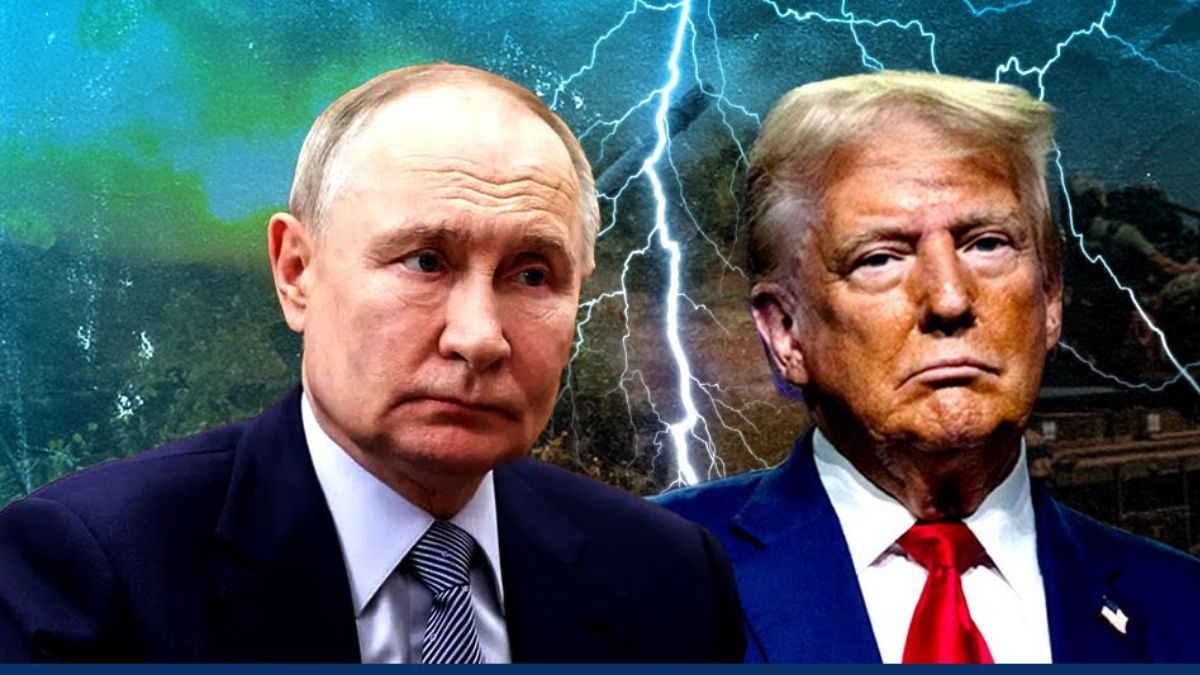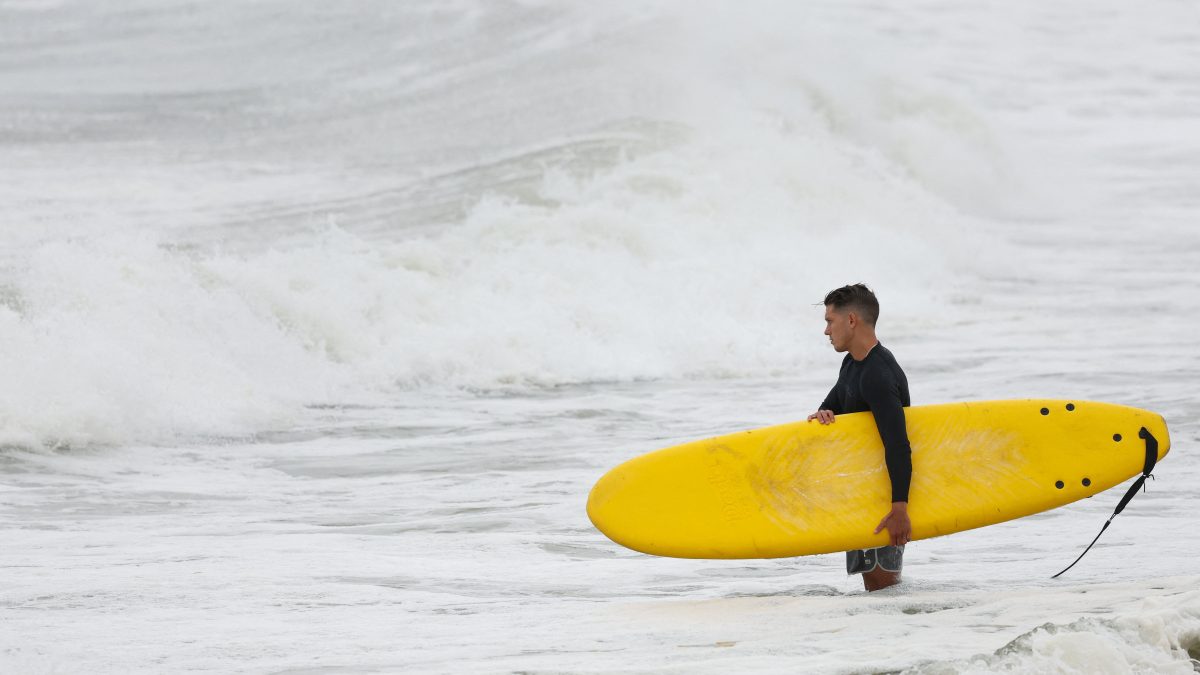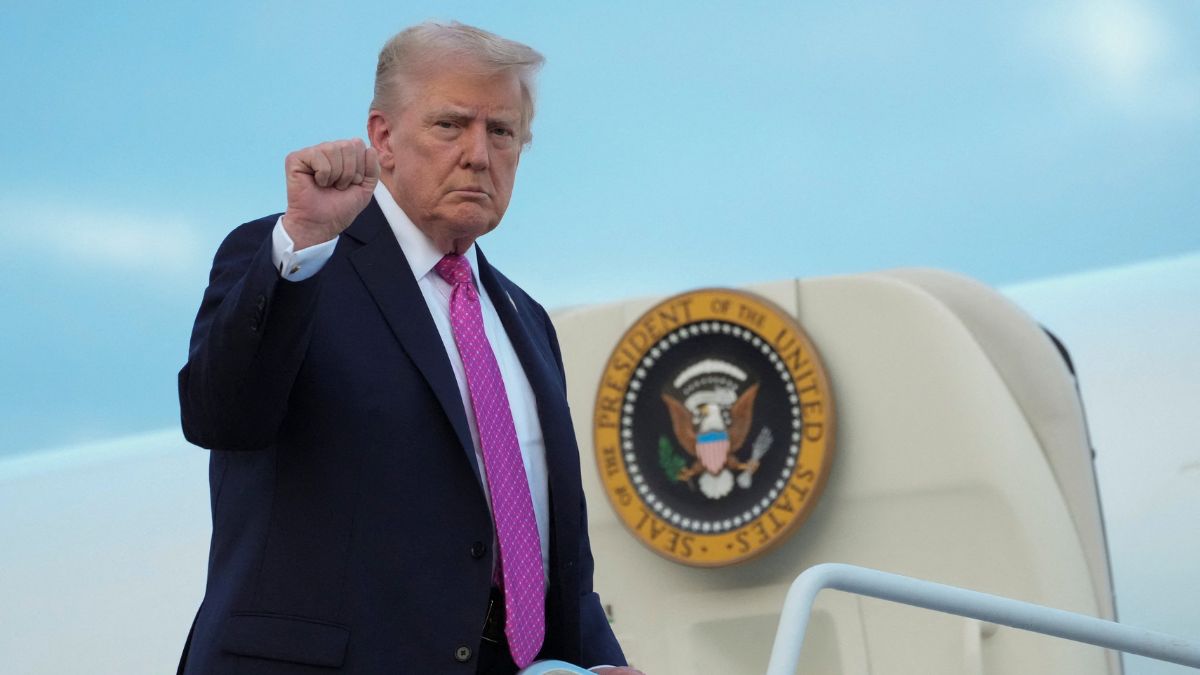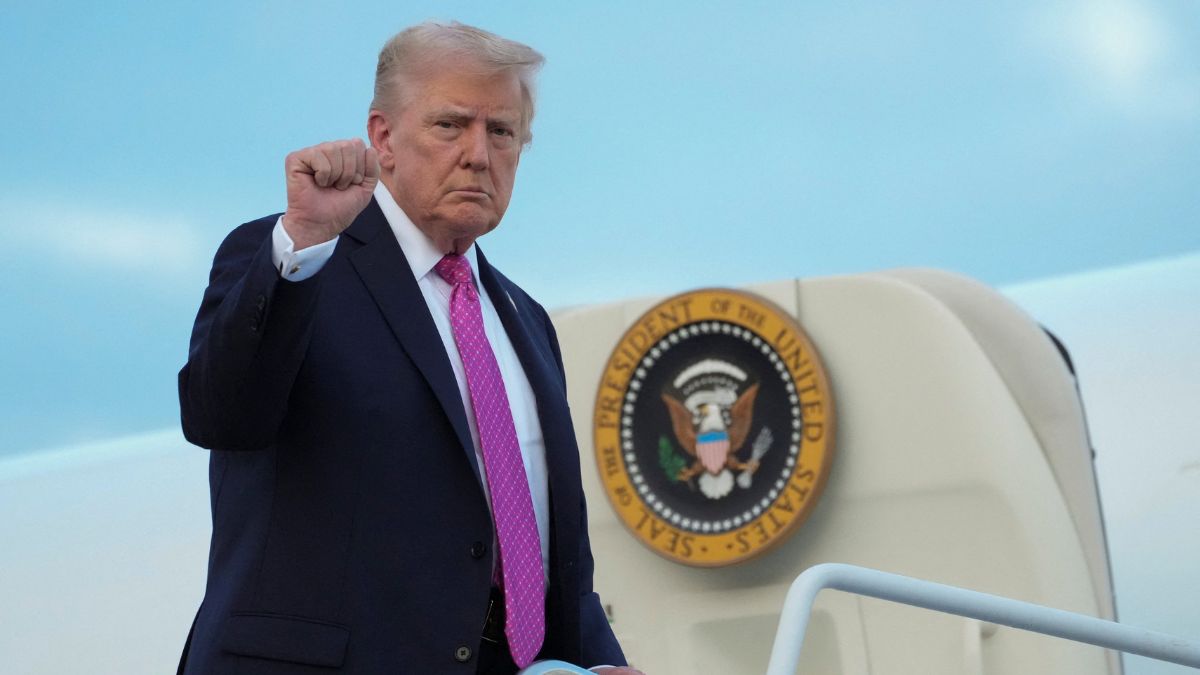US President Donald Trump warned of “big trouble” when asked about Russia’s latest incursion into Estonian airspace, a Nato member nation. On Friday, Trump gave his take on the matter and told reporters that he will soon be briefed by aides on the reported incursion.
“I don’t love it,” he said, adding, “I don’t like when that happens. It could be big trouble, but I’ll let you know later,” he averred. Trump’s remarks on the matter came hours after three Russian fighter jets entered Estonian airspace without permission.
The Estonian Foreign Ministry confirmed the incident and noted that the aircraft remained in the eastern European nation for 12 minutes. Estonia soon summoned a Russian diplomat to protest against the incident.
What makes the matter concerning is the fact that the latest Russian incursion came a week after Nato planes downed Russian drones over Poland and heightened fears that the war in Ukraine could spill over. Apart from this, Romania, another Nato member state, also reported Russian infiltration.
Russian incursion rattles Europe and Nato
Soon after the incident, Estonian Foreign Minister Margus Tsahkna said Russia violated Estonian airspace four times this year, “but today’s incursion, involving three fighter aircraft entering our airspace, is unprecedentedly brazen”.
Meanwhile, the Estonian Defence Minister Hanno Pevkur also said the government had decided “to start consultations among the allies” under Nato’s Article 4. In light of this, the North Atlantic Council, Nato’s principal political decision-making body, is due to convene a meeting early next week to discuss the incident in more detail, Nato spokesperson Allison Hart told reporters on Friday.
The recent developments have increasingly rattled European governments as US-led efforts to stop the war in Ukraine have come to nothing. Soon after the incident was reported, the European Union’s foreign policy chief Kaja Kallas called Friday’s incursion “an extremely dangerous provocation” that “further escalates tensions in the region”.
Impact Shorts
More Shorts“On our side, we see that we must show no weakness because weakness is something that invites Russia to do more,” she said. “They are increasingly more dangerous – not only to Ukraine, but also to all the countries around Russia.” Throughout the war, Estonia, along with fellow Baltic nations, Lithuania and Latvia and neighbouring Poland, has been a staunch supporter of Ukraine.


)

)
)
)
)
)
)
)
)



